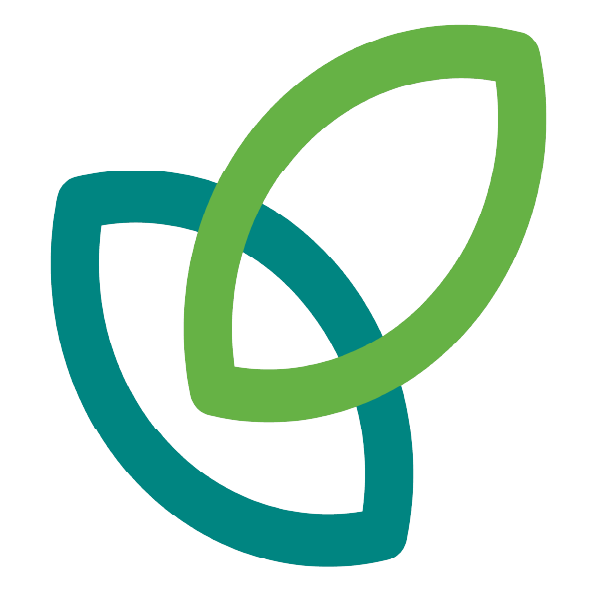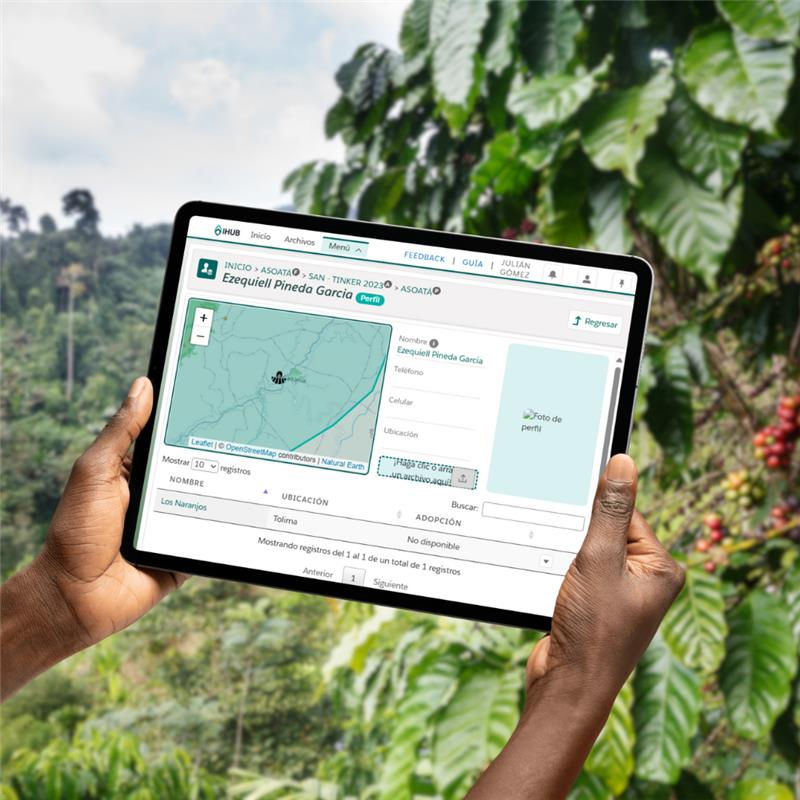One step forward: SAN members pursuing sustainability beyond EUDR regulation
- Communications

- Aug 22, 2025
- 2 min read
As champions for regenerative agriculture, we are ready to take on the challenge of the European Union Deforestation Regulation (EUDR), alongside our partners and stakeholders. However, we also recognize that further efforts can be made to achieve transparent, sustainable value chains. For example, while forests are rightfully protected by the new regulations, compliance could mean that the pressure withdrawn from forests could be transposed to other vulnerable biomes.

In Brazil, our member organization Imaflora has pioneered with transparency schemes for the value chains of soy and beef, two commodities of which Brazil has grown to become the top producer globally. As growth has impacted surrounding large areas, self-regulation and national oversight have been key to pursuing more sustainable crops.
In the case of soy, the commitment of industry actors can be traced back to 2006, when the Amazon Soy Moratorium was signed by exporters, committing to avoid the purchase of soybeans that had been grown on land associated with deforestation, slave labor and environmental crimes. Soy on Track came soon after, as a portal to concentrate all the actors that participate in such transactions: a place to share information and track the sustainability of the value chain.
The beef variation of this system, Beef on Track, created similar oversight and connection between ranchers, meatpackers, retailers, tanners, exporters and investors. The hub’s objective is to promote good practices through monitoring, auditing and reporting processes and tools, increasing transparency in search of a beef chain free of slave labor, invasion of public lands, and deforestation across all biomes.

Thanks to these schemes, participating producers of soy and beef are not only ready to comply with the new European regulation, but advanced in traceability measures to protect native grasslands and other biomes. With thorough guidebooks for traders to report transparently, Imaflora contributed to setting higher standards throughout the value chain: their Accountability Framework was used to assess more than 400 companies in its first two years of existence.
Similar foresight has been applied by our member organization CABI, regarding the value chain of pepper, a spice that is not included within the scope of the EUDR. The Safer Spices project, funded by the Standards and Trade Development Facility (STDF), focuses on sustainable peppercorn production in Southeast Asia. Launched in Vietnam in 2021, the project developed a Code of Practice that included restricting the use of wooden poles for vine support and promoting the use of live poles instead; that is, using trees as the frame for growing crops rather than deforesting to set wooden poles on an empty field.

SAN members continue leading the way in innovative solutions to achieve balance between productive activities and conservation. Discover more inspiring projects by subscribing to our monthly newsletter and join us in pursuing an agriculture that heals and nourishes the planet.




Comments